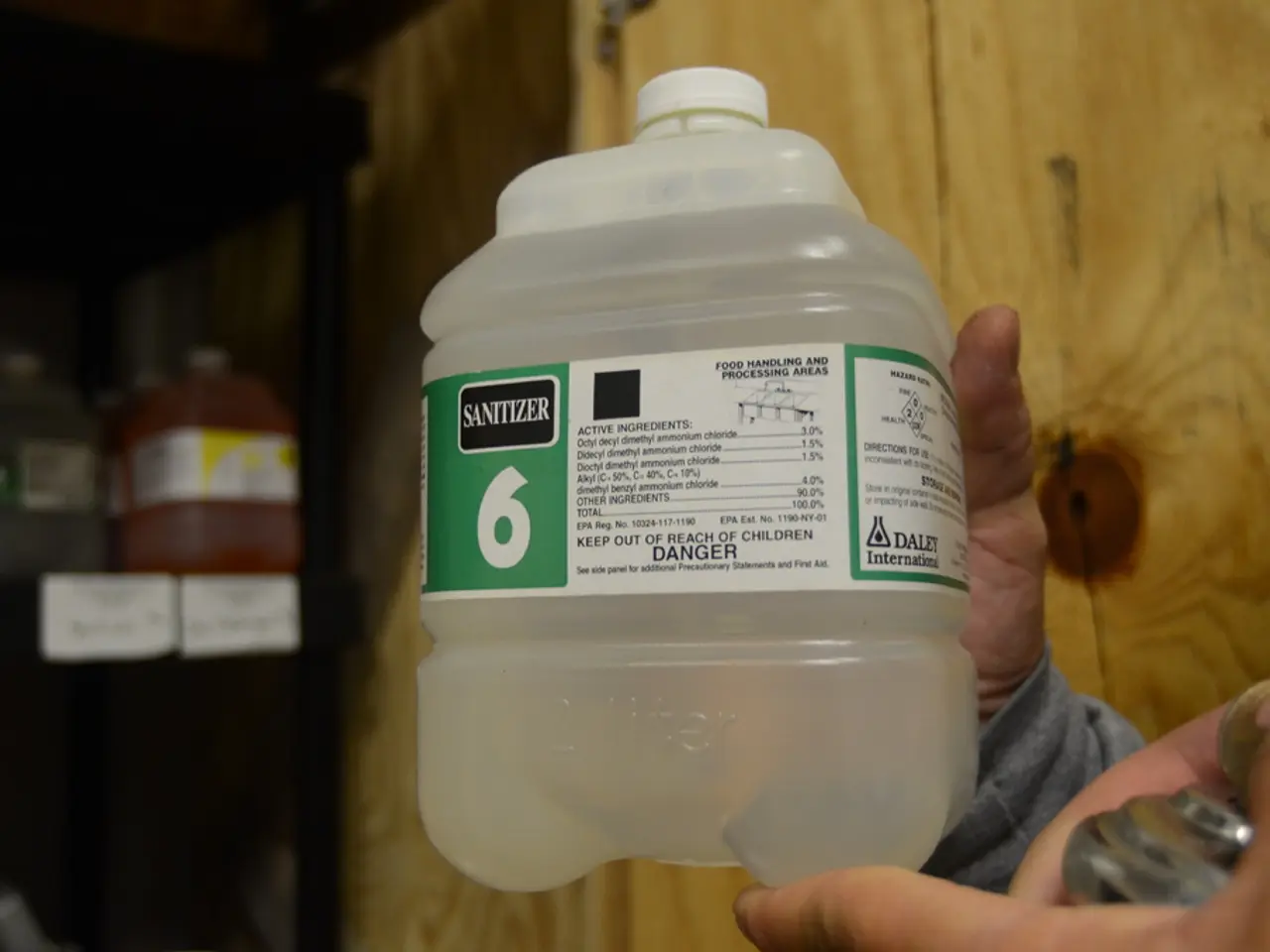Alcohol breath tests may yield inaccurate results due to recent hand sanitizer use
In a recent study conducted by the Missouri Department of Health and Senior Services, a concerning issue has been uncovered: the potential for hand sanitizers to interfere with breathalyzer test results, leading to false DUI charges for completely sober individuals.
The study, which tested 65 completely sober individuals using three different common breathalyzer machines, found that 31.5% of tests produced error codes as alcohol vapor disrupted the measurements. This was attributed to the lingering alcohol vapors from hand sanitizer used by the test administrators.
This issue is not a new discovery, as previous research had indicated similar outcomes. However, the Missouri study is significant as it tested the exact breathalyzer models commonly used by U.S. law enforcement.
The cause of the false positives is the alcohol present in hand sanitizers. It's important to note that you cannot absorb enough alcohol through your skin from hand sanitizer to register on a breath test. Nevertheless, the vapors can still cause problems.
To address this issue, many police departments are revising their protocols. For instance, the Memphis Police Department now requires officers to wash hands with soap and water prior to administering breath tests. Switching to non-alcohol-based sanitizers in breathalyzer testing areas is another suggested solution. Installing sanitizer stations away from testing equipment is also recommended.
Implementing a mandatory five-minute waiting period between hand sanitizer use and breathalyzer test administration is a practical solution that has been found to eliminate false positives.
Hand sanitizers remain valuable tools for preventing disease transmission, but their use should be more thoughtful and safeguards should be implemented around sensitive testing equipment. The findings from the Missouri study point to the urgent need for policy changes at multiple levels, including law enforcement agencies, courts, defense attorneys, legislators, and public health messaging.
In the meantime, it's crucial for there to be greater public awareness of the potential for false positives from environmental factors, such as hand sanitizer use by officers. The burden of proof effectively shifts to the accused, who must demonstrate that the reading was false. A false positive can trigger immediate license suspension, vehicle impoundment, and arrest-even before confirmatory blood tests can be conducted.
As law enforcement agencies grapple with balancing hygiene concerns with accurate testing procedures, it's essential to remember that soap and water remains the gold standard for removing most germs and dirt. Many public health experts recommend returning to "rational hygiene", using the right cleaning method for the right situation. Non-alcohol based sanitizers might actually improve fingerprint quality, according to a study, making them a suitable alternative where necessary.
In conclusion, while hand sanitizers play a crucial role in disease prevention, their use near sensitive testing equipment should be carefully considered to avoid potential false positives and their consequent implications.
Read also:
- Peptide YY (PYY): Exploring its Role in Appetite Suppression, Intestinal Health, and Cognitive Links
- Toddler Health: Rotavirus Signs, Origins, and Potential Complications
- Digestive issues and heart discomfort: Root causes and associated health conditions
- House Infernos: Deadly Hazards Surpassing the Flames







